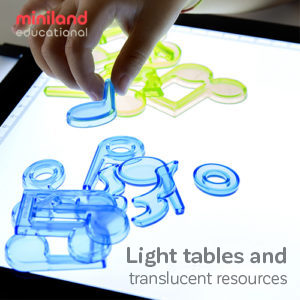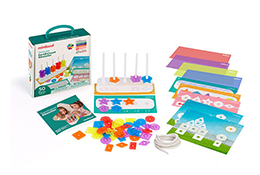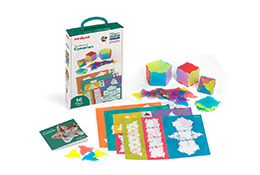Toddlers are a bubbly and boisterous group, ready to take on the world.
Most children in this age group are eager to please whether at home or in-school. They want nothing more than the approval and praise of their parents and caregivers. They seek independence and control over their choices. They want to be assigned a task that they can complete without an adult micromanaging their every action.
When preschoolers accomplish tasks like a “grown-up”, they gain the confidence to tackle more complex tasks. The more success they have, the more they will strive for. This creates a positive cycle in the child’s mindset—their self-esteem.
Sounds simple, right?
Most children will follow this trajectory. This strategy will also set them up to deal with setbacks in a positive way. It will help them bounce back when life doesn’t go as planned.
But we need to guide them through those bumps and bruises when they are young so they can face tough challenges as they grow. For children with learning or attention issues, the path to positive self-esteem is much tougher. These children won’t complete tasks as easily, which can lead to frustration and self-doubt. Self-esteem is tied to how capable the child feels. (It’s the same for an adult.) When it’s difficult to successfully complete schoolwork or to fit in socially, a child will begin to feel bad about themselves. Here are some ways to help them cope.
Four tips to help build self-esteem:
1. Use Your Own Challenges as an Example
We’ve all had something (ok many, many somethings) that we’ve had to overcome. Share challenges, especially from your childhood, with your child. It will help them feel like they are not alone.
2. Provide Clear Feedback. Don’t Criticize
Switch your tone and your language when talking with your child. Avoid expressing criticism. Reframe the conversation to talk about challenges in a way that motivates them to strive.
3. Praise Their Path, Not Just the End Result
If you tell your child they did a great job when they didn’t, they will know that it’s false praise. That actually hurts their self-esteem. They may think that you feel they can’t accomplish something. Praise their effort and attempt, especially if the outcome is negative.
4. Help them identify what they’re feeling
Giving a child the right tools to identify their emotions can lead to a stronger sense of self as they communicate their feelings. A simple game can be a great way to discuss self-esteem in a classroom or at home. Emotions Detective is a game that creates an opportunity for dialogue about everyday conflicts and emotions. Children can develop their deduction skills as they interact with a magnifying glass, like a true detective. Kids can pick out clues that lead children to the solution of their investigation. This game promotes recognition of emotions and how to deal with them by interpreting how people feel. Ages 3 to 6.
In a nutshell, kids want to be treated with respect just like adults. We owe that to them. If we treat them as mature, capable individuals, they will rise to the occasion. This is the secret to helping build their self-esteem.



